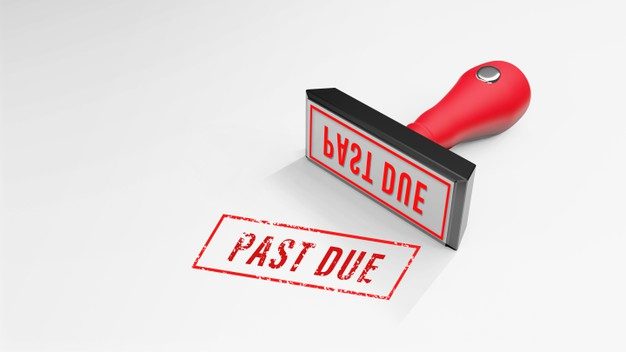
Legal Guide: Business debt collection
Q: What should I do if I have overdue invoices due to my business?
The most important aspect of debt recovery is to ensure you do not delay in taking action to recover debts. Initially, this includes basic things such as sending outstanding invoice reminders. It is important to implement a good system of credit control within your business, and schedule reminders so you don’t forget to chase up outstanding invoices.
The general rule is the longer you delay, and the longer the invoice is therefore overdue, the less likely you are to ultimately recover the debt.
Q: What options are available for me to recover those debts?
Initially, you will need to send reminders yourself. Once it becomes apparent that further action is going to be necessary, then the two principle options are either serve a Statutory Demand for payment or issue a Claim for a Judgment in the County Court. Before a court claim is issued, it is necessary to send a formal letter of claim and often, instructing a solicitor to send such a letter is sufficient warning for the Debtor to pay the outstanding sums.
Option 1: Statutory Demand
This is a formal demand, which must be made in a form compliant with the relevant insolvency rules, which gives the debt 21 days to pay the debt. If the debtor does not pay, then the creditor can apply to court to make an individual debtor bankrupt or to wind up a company in the case of a company debtor.
The statutory demand is an effective method of debt recovery if the debtor has the funds to pay but is delaying in paying. The statutory demand and indeed the bankruptcy/winding up process are not effective if the debtor simply has insufficient means to pay. The statutory demand cannot used if a debt is disputed as the Debtor can set the Demand aside or see an order to restrain the presenting of a winding up petition where a dispute is established.
Option 2: Claim via the County Court
This is a claim for the court to issue a Judgment confirming the debt is owed. It can be used where the debt is disputed, albeit the creditor will have to prove their claim to get judgment.
This process is a more flexible way to seek to recover a debt than serving a statutory demand. Once a Judgment is obtained, the creditor has a number of options in terms of enforcing payment if the Debtor still does not pay. Often a Judgment is enough to get the debtor to pay, but if not, the Creditor can take steps to enforce a Judgment.
Q: I have the court order but the debtor still hasn’t paid me, what are my options to actually enforce the Judgment?
Once a county court Judgment has been obtained then there are a number of enforcement options if the Debtor still does not pay. These include:
- Winding up or bankruptcy
- Instructing bailiffs to attend upon the Debtor to attempt to seize assets to pay the debt
- Securing the debt by placing a charging order against any property/land owned by the debtor
- Seeking an order to sell property/land once a charging order has been placed on the property/land to secure the debt
- Seeking an order to freeze a bank account and for the bank to pay directly to the creditor sums in the account up to the amount of the debt
- Seeking an order that a third party which owes money to the Debtor, pays money to the Creditor
- Summonsing the Debtor to court to provide information about their/its assets for the purposes of taking enforcement action
Hopkin Solicitors are a highly trusted local firm and their Litigation and Dispute Resolution Team provide legal advice to local businesses on a wide range of commercial matters. If you would like to book a consultation, contact us on 01623 460460 or use the email form below.
Request a CallbackRelated Articles
-

Personal Injury Law and the Liverpool FC Parade Attack: What Victims Need to Know
On May 26, 2025, a tragic incident occurred during Liverpool FC’s Premier League victory parade when a grey Ford Galaxy…
-

Raising Awareness of Bladder Cancer Symptoms and Tests
Bladder cancer occurs when there is a growth of abnormal tissue, known as a tumour, which develops the bladder lining….
-

Can a child be removed by the social worker from the family home?
One of the most common questions we get asked is, can a social worker remove my child from the family…